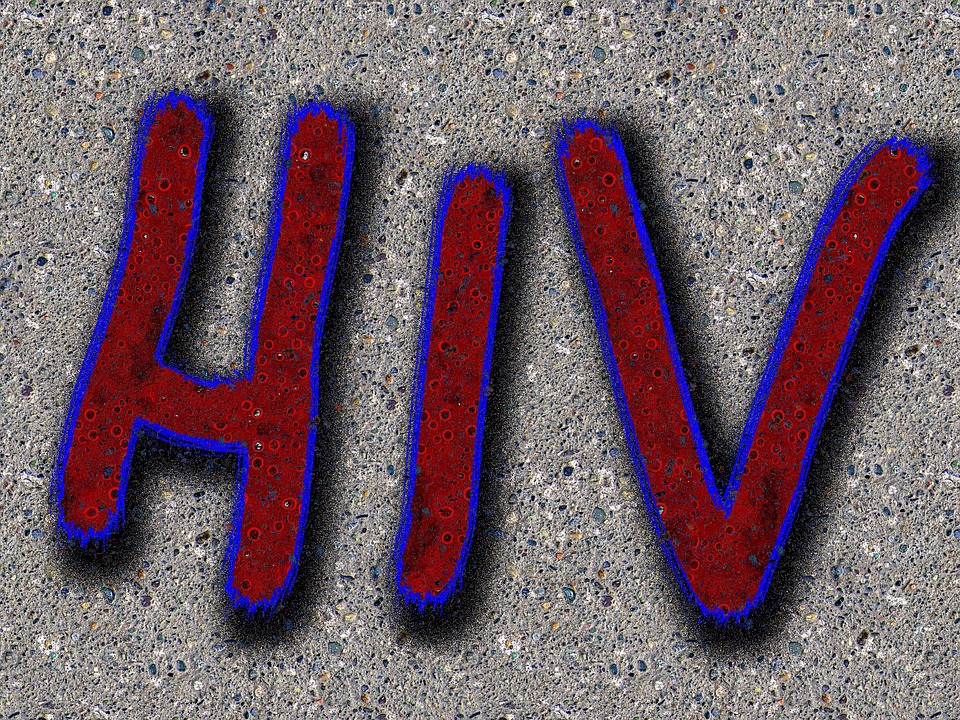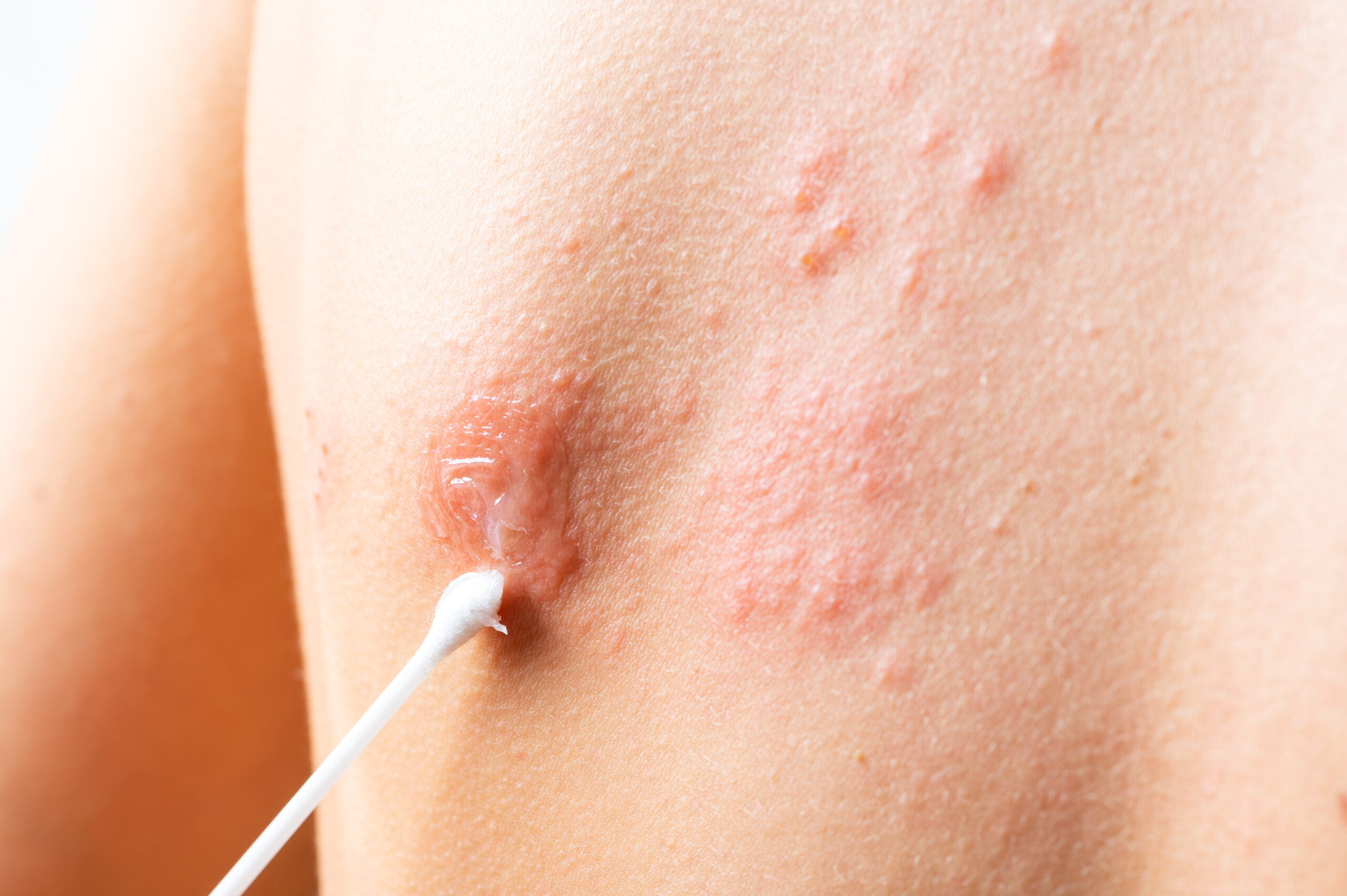Many people assume that HIV and AIDS are interchangeable terms. While it is true that HIV can eventually lead into AIDS, it is not always true that if you contract HIV you will also develop AIDS. HIV, or human immunodeficiency virus, is an infection that attacks the body’s immune system. If left untreated, HIV can lead to AIDS, or acquired immunodeficiency syndrome. HIV can make a person more susceptible to other infections.
Only certain bodily fluids can transmit HIV from one person to another. These fluids include blood, semen, pre-seminal fluid, rectal fluid, vaginal fluid and breast milk. These fluids must come in contact with a mucous membrane or damaged tissue or be directly injected into the bloodstream from a needle or syringe for transmission to occur. According to the Centers for Disease Control and Prevention the most common forms of HIV transmission in the U.S. are through oral, anal and vaginal sex. Sharing intravenous drug equipment can also lead to transmission of the infection. It is less common for HIV to be transmitted through a blood transfusion due to current screening standards of blood donations.
No effective cure for HIV exists but with proper medical care, HIV can be managed. Since the HIV/AIDs epidemic of the 1980s, treatments and medicines have come a long way and can help people with HIV live a long and healthy life.
HIV can develop into AIDS over time. If left untreated, the virus can advance quickly. AIDS is the final stage of HIV infection. At this point, your immune system has become terribly damaged and you are now far more susceptible to opportunistic infections. These infections are called opportunistic because they seldom cause illness in people with healthy immune systems. They take advantage of the opportunity to infect a host with a weakened system. Without treatment, people who progress to AIDS typically survive about 3 years. Once you have a dangerous illness, life-expectancy without treatment falls to around 1 year. However, if you are taking treatment before this stage and maintain a low viral load, you may enjoy a near normal lifespan.
The CDC recommends that all sexually active people between the ages of 13 and 64 be tested at least once in their lifetime for HIV. Certain people, who are at a higher risk, are recommended to test more often.
If you are concerned that you may have been exposed to HIV, or you are simply looking for a regular screening, you should have HIV testing performed. This is the best way to know the current status of your sexual health.






